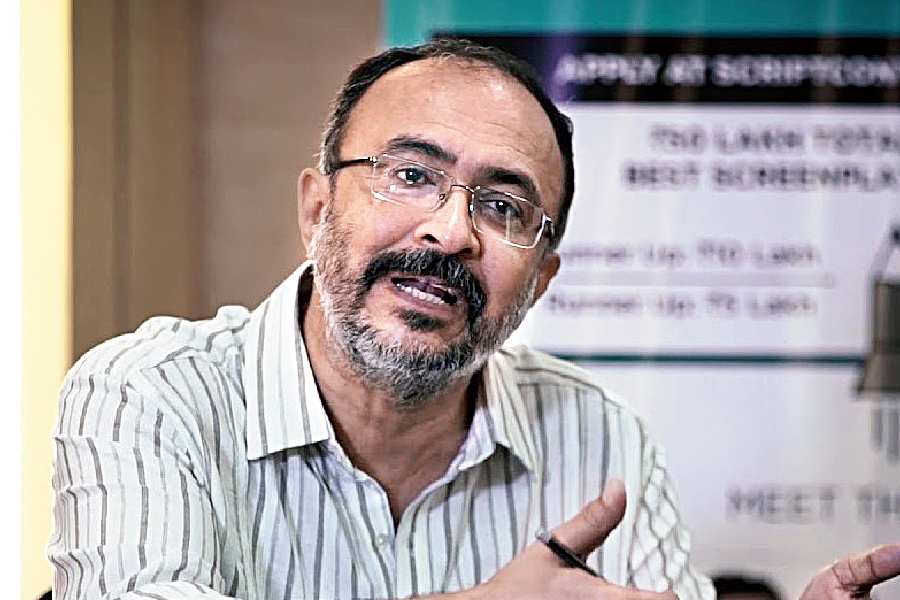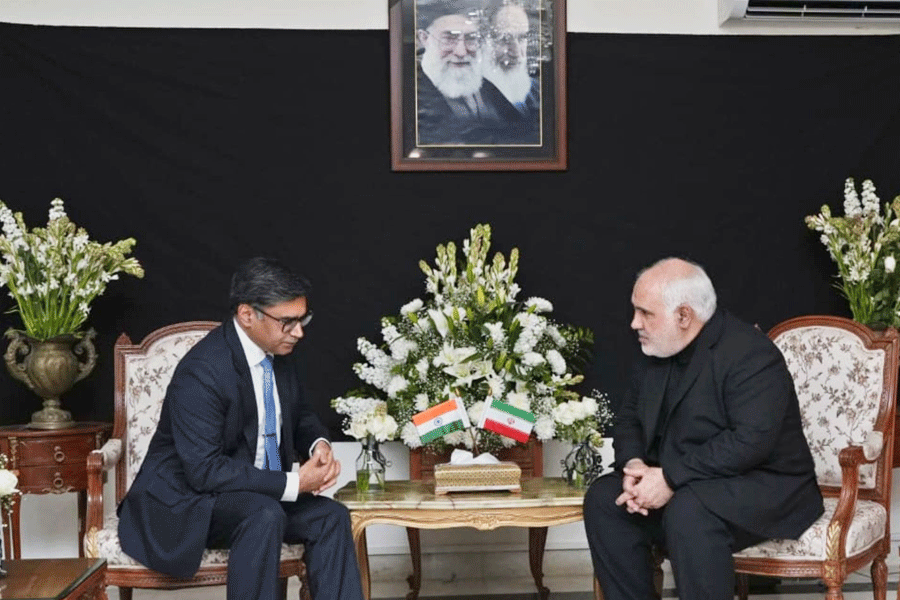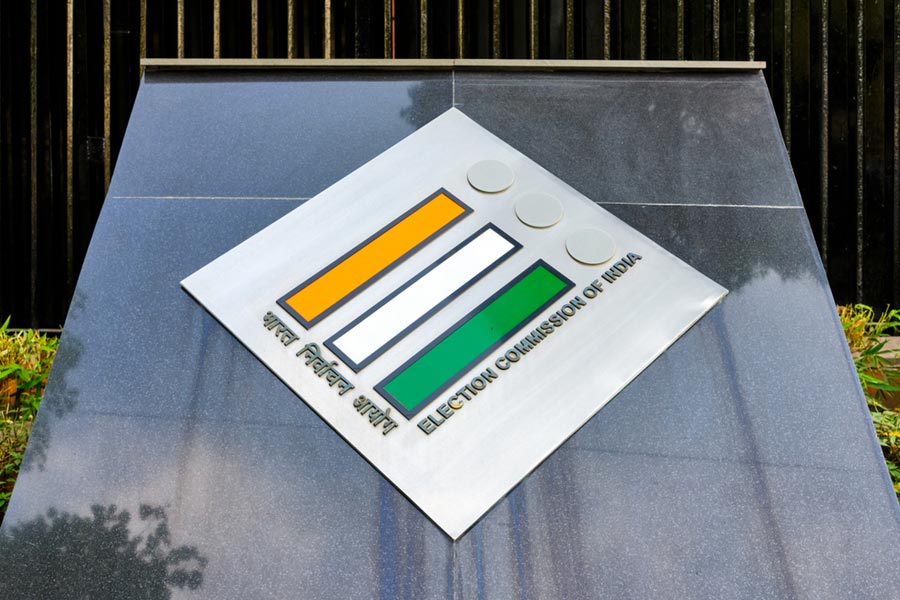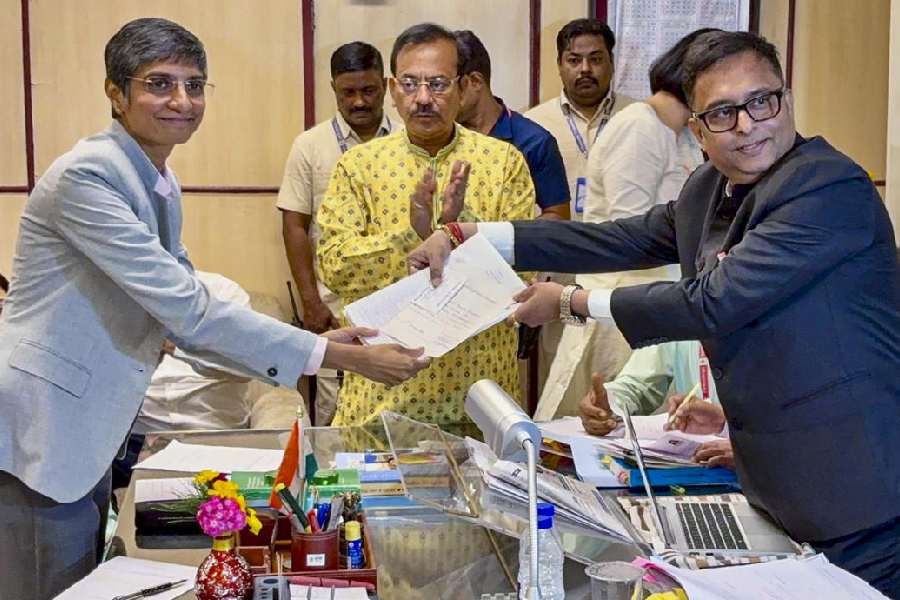Veteran screenwriter Anjum Rajabali has accused global streaming platforms of discriminating against Indian writers, calling the practice “modern-day colonialism”.
Speaking at a panel during the annual general meeting (AGM) of the International Affiliation of Writers Guilds (IAWG) — hosted in India for the first time by the Screenwriters Association (SWA) — Rajabali said the same companies that grant residuals to western writers resist paying royalties to their Indian counterparts, despite similar legal mandates.
“It’s modern-day colonialism, because you (streamers) are treating them (international creators) differently than you are treating us. If they deserve those rights, so do we,” Rajabali said. “The same companies that give them residuals, mandated by law, are resisting royalties to us, again mandated by law”.
Rajabali, known for penning films like Ghulam, Pukar, The Legend of Bhagat Singh and Raajneeti, said India’s entertainment ecosystem continues to operate under a “feudal hangover”.
“Producers and streamers in India are working under a feudal hangover, and every big company is scared of allowing unions to gain power or authority above them, even when that is the way to justice,” he said.
The three-day global summit brought together representatives from 15 guilds across Europe, Australia, New Zealand, Latin America, Africa and Asia to address pressing issues such as unfair contracts, low pay, lack of royalties, and producer interference in union activities.
The panel also featured Laura Blum-Smith, assistant executive director of Writers Guild of America West; Jennifer Davidson, chair of IAWG and Writers’ Guild of Ireland; and Peter Matessi, president of the Australian Writers Guild.
The AGM also discussed the growing impact of Artificial Intelligence on screenwriting and the need for ethical and legal safeguards around its use.
Rajabali, who attended the event along with SWA members Zaman Habib and Mitesh Shah, said the conference underscored the importance of solidarity among writers worldwide.
“This shows that it’s not just us struggling for writers’ rights because we haven’t had a tradition of collective bargaining. Given the number of capable screenwriters seeking work, there aren’t enough jobs available — a common problem in many countries,” he said.











